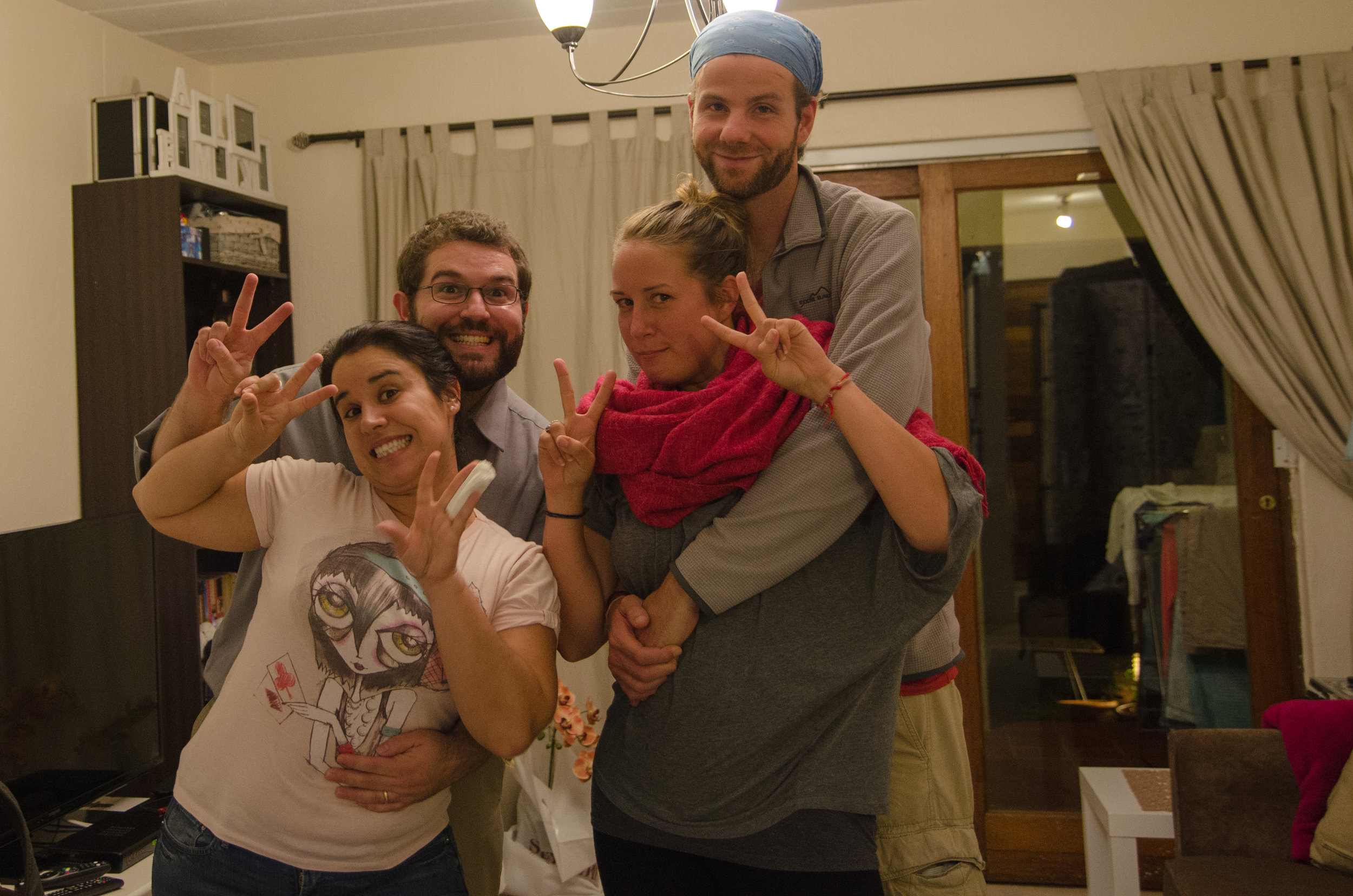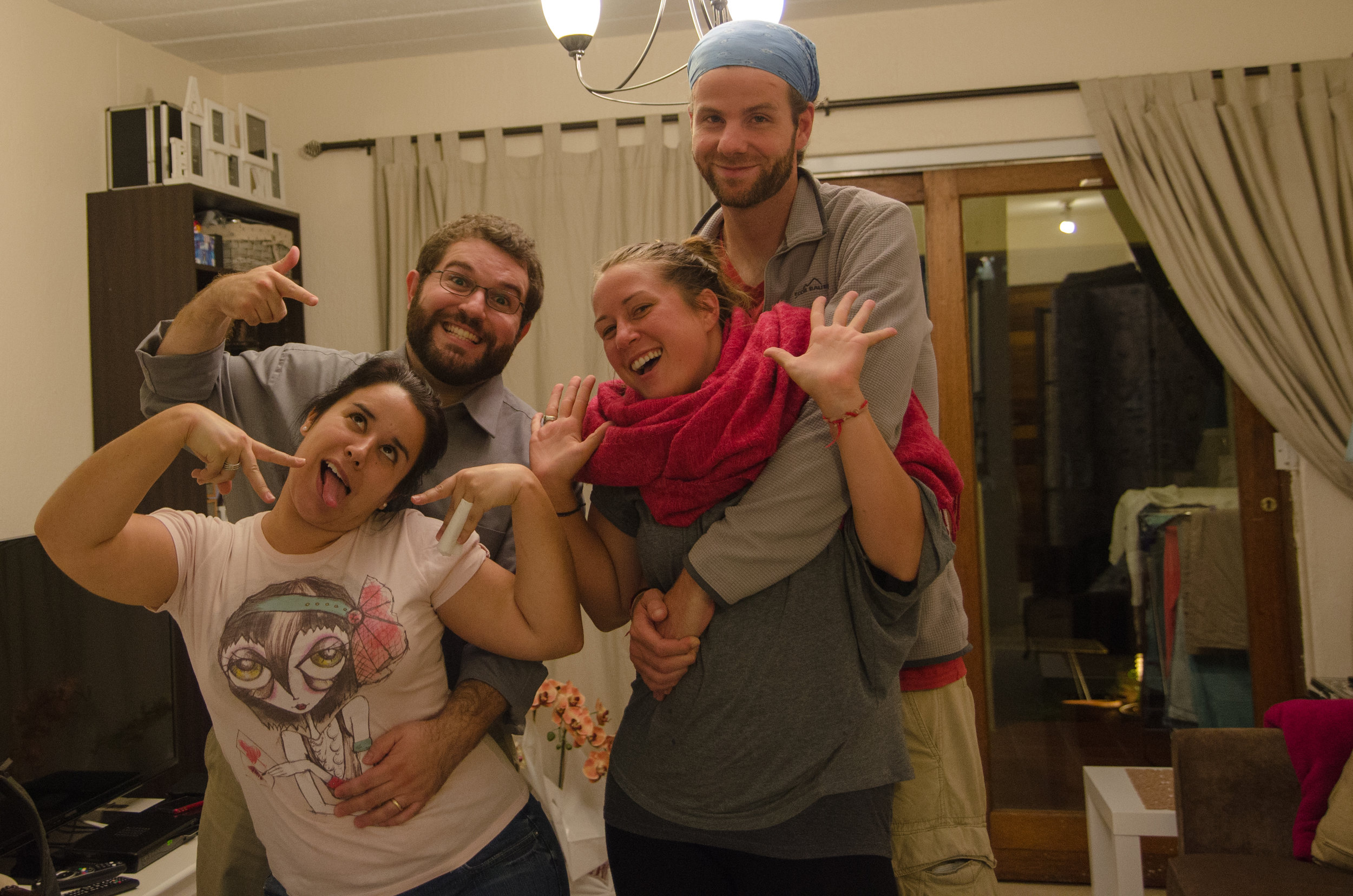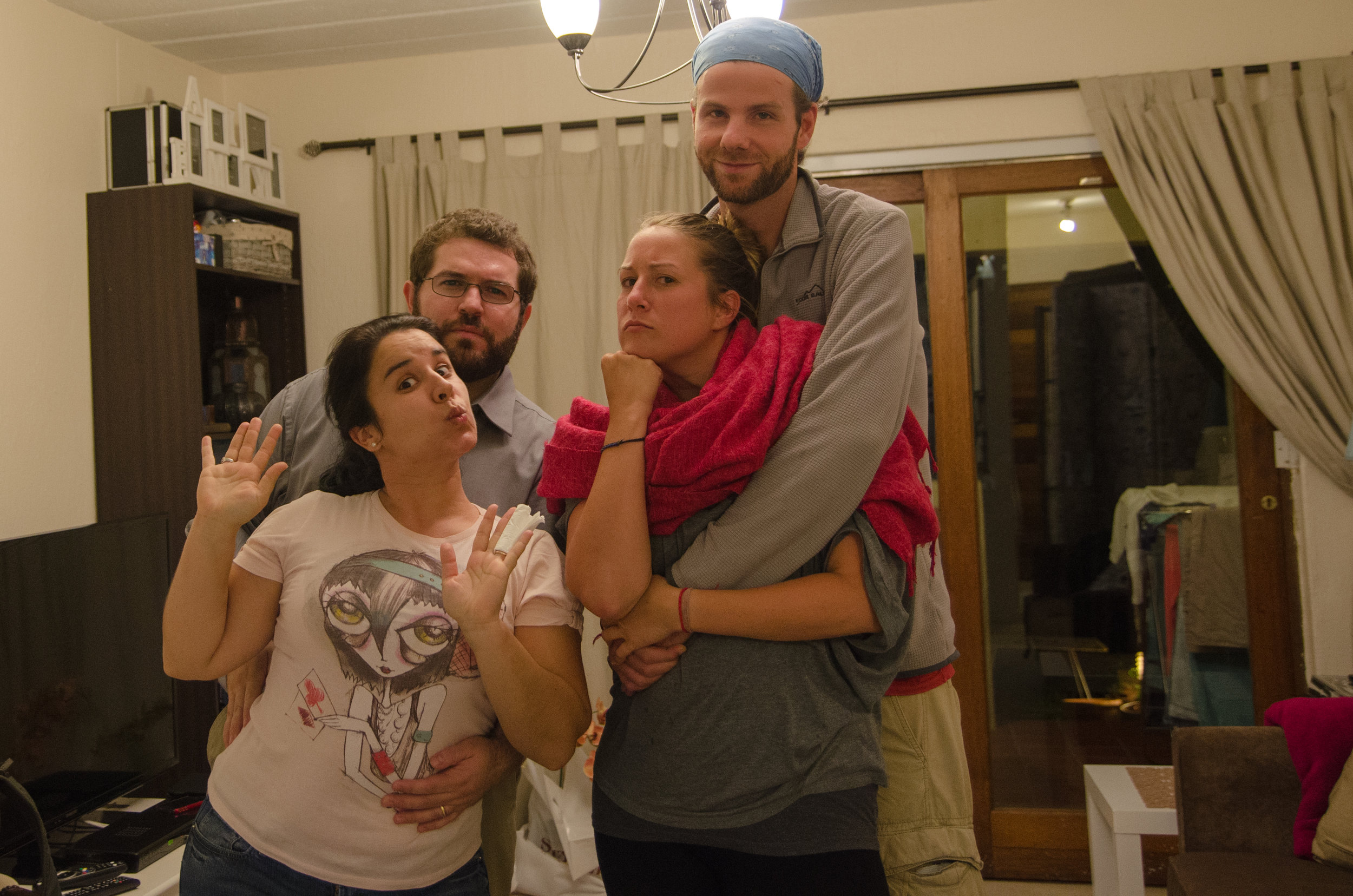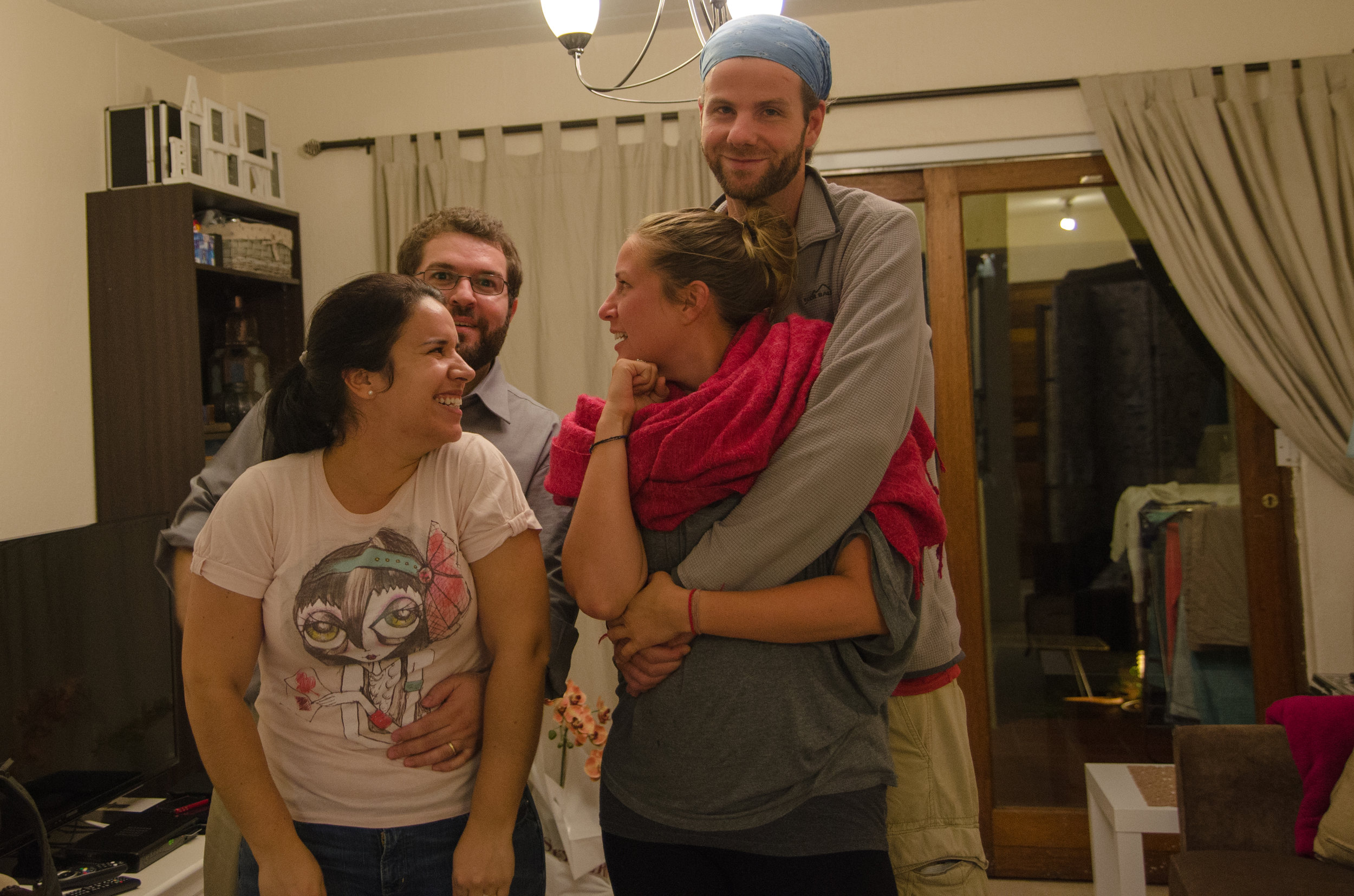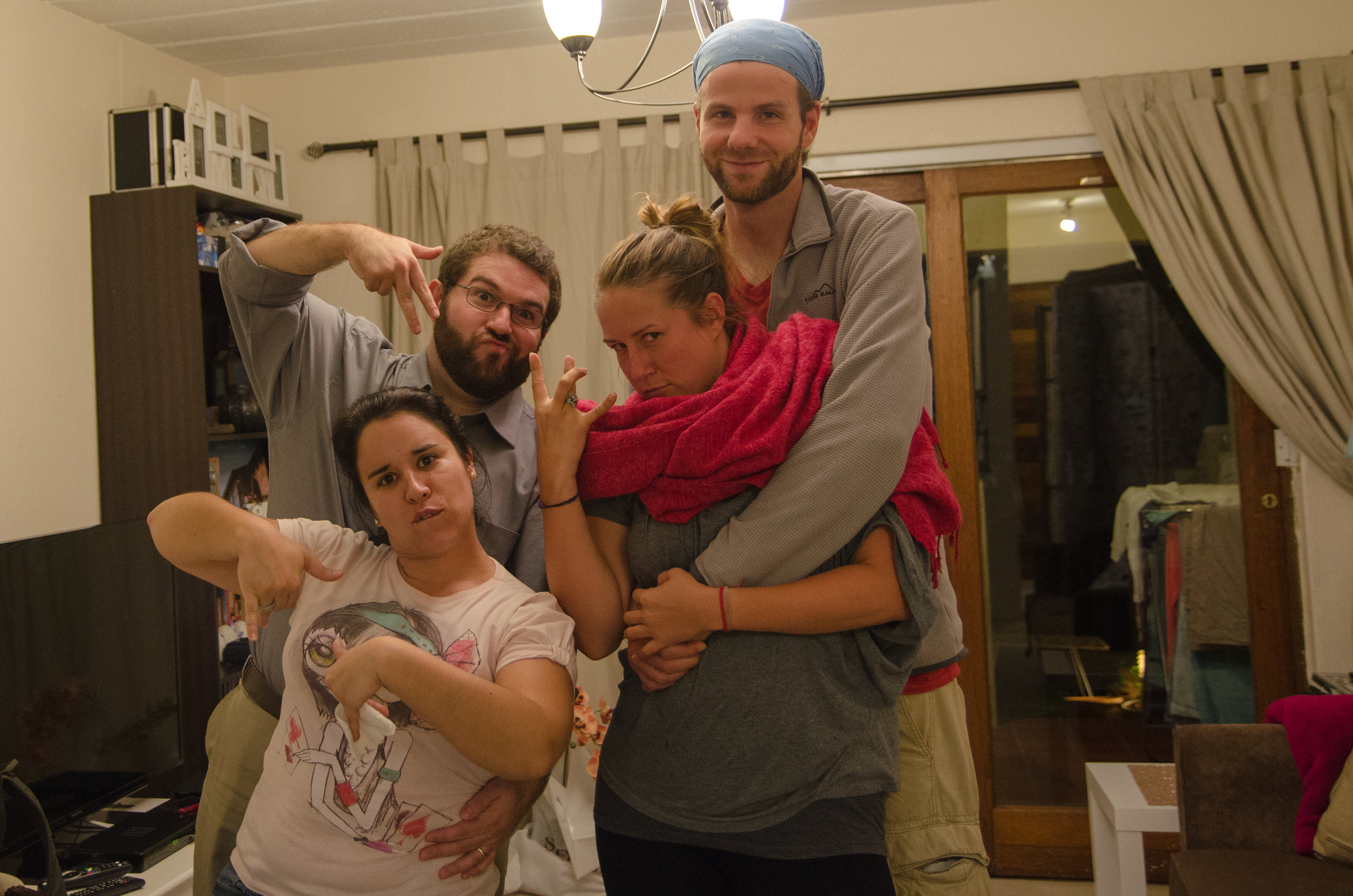Liliesleaf Farm is probably not the first thing that one thinks of when discussing Apartheid. I knew nothing about it, until Andrew discovered it was one of the top rated things to do on TripAdvisor in the area we were staying. We went and learned that it was a farm used by the ANC (political party in South Africa that defines itself as the “disciplined force of the left” and has been the ruling party since post-Apartheid South Africa) secretly during Apartheid in the 1960s. It was here where 12 activists were arrested, leading to the Rivonia Trial where 10 of these activists, ANC leaders, including Nelson Mandela were tried for attempting to overthrow the apartheid system.
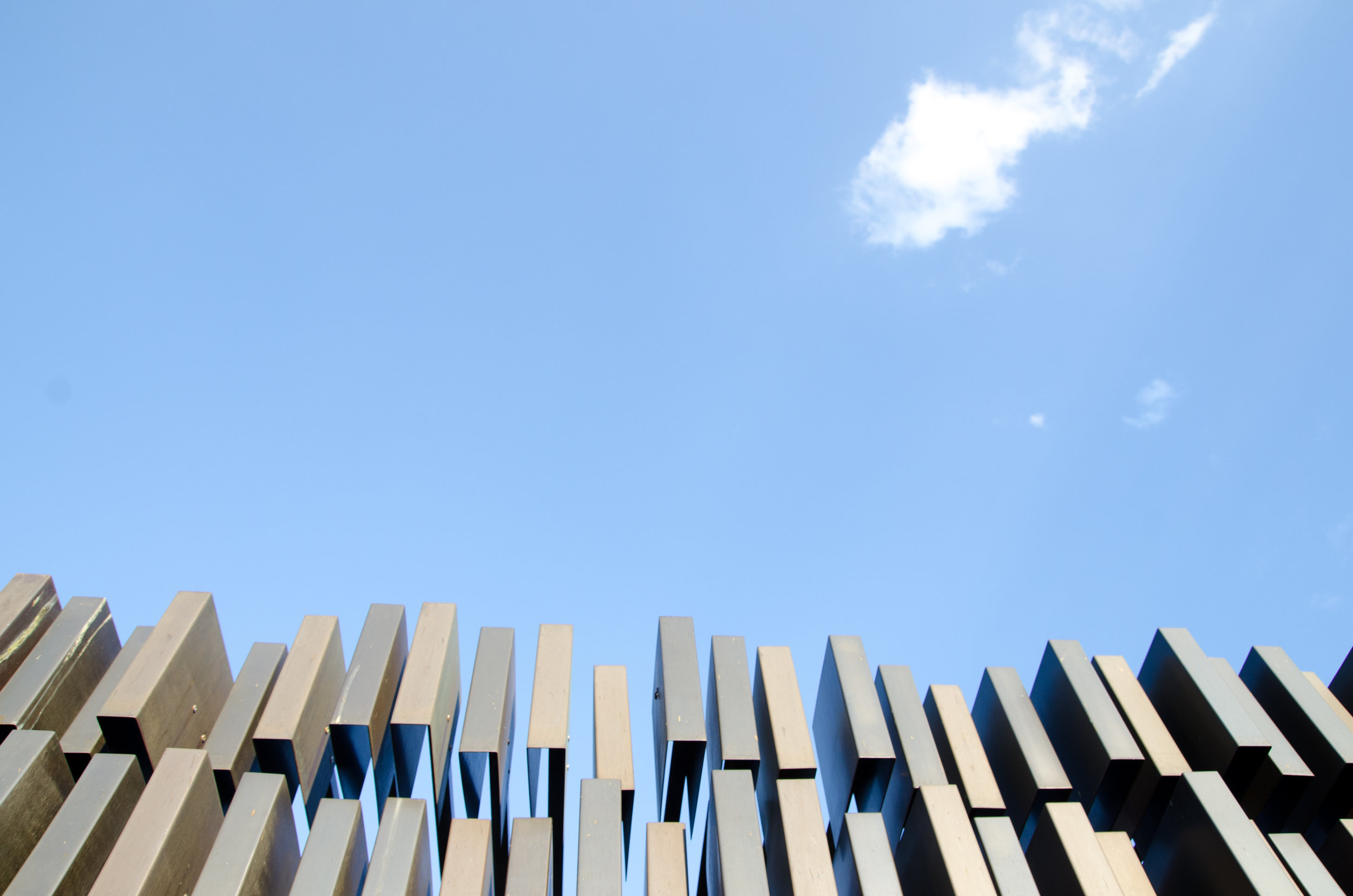
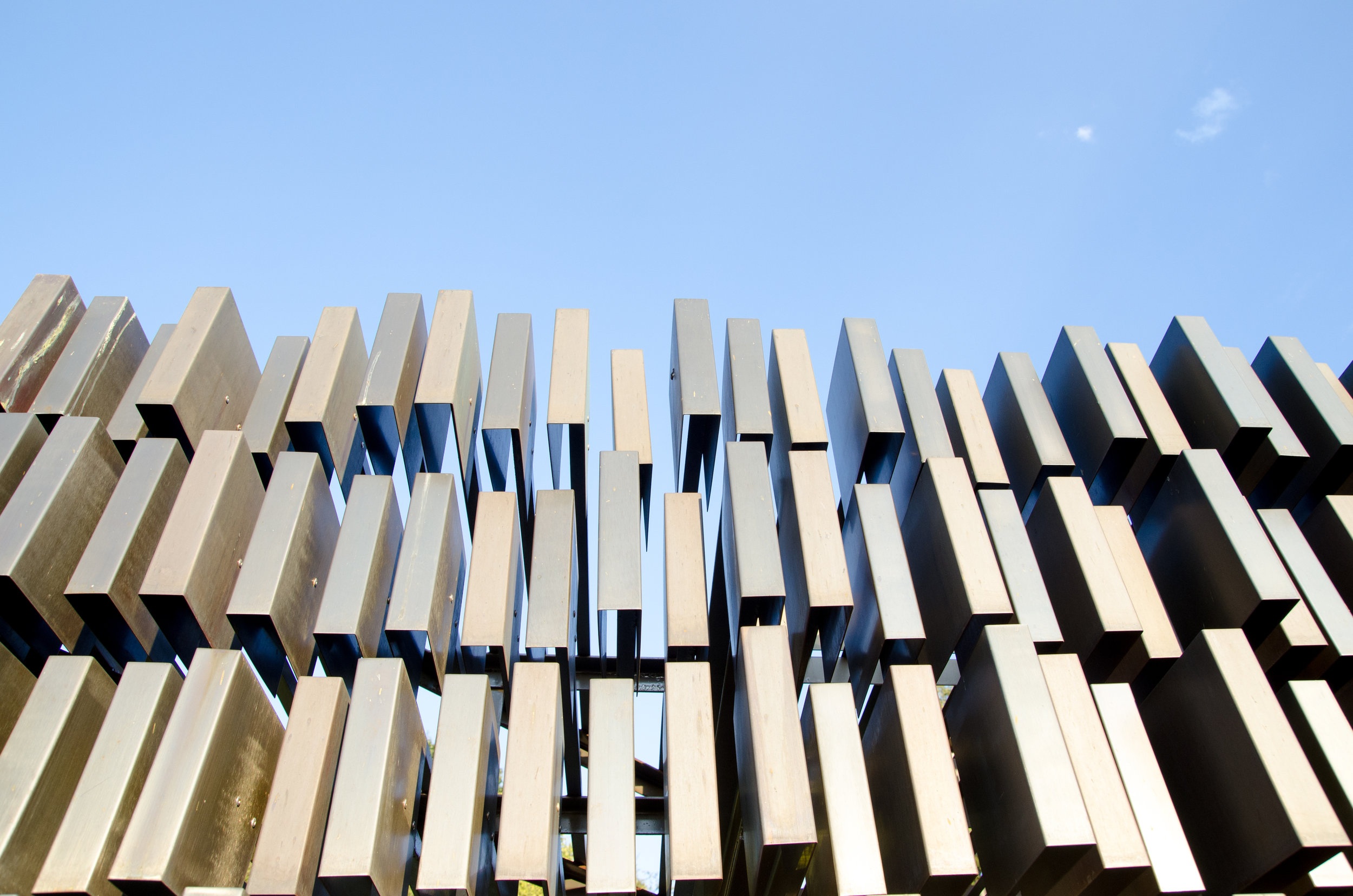
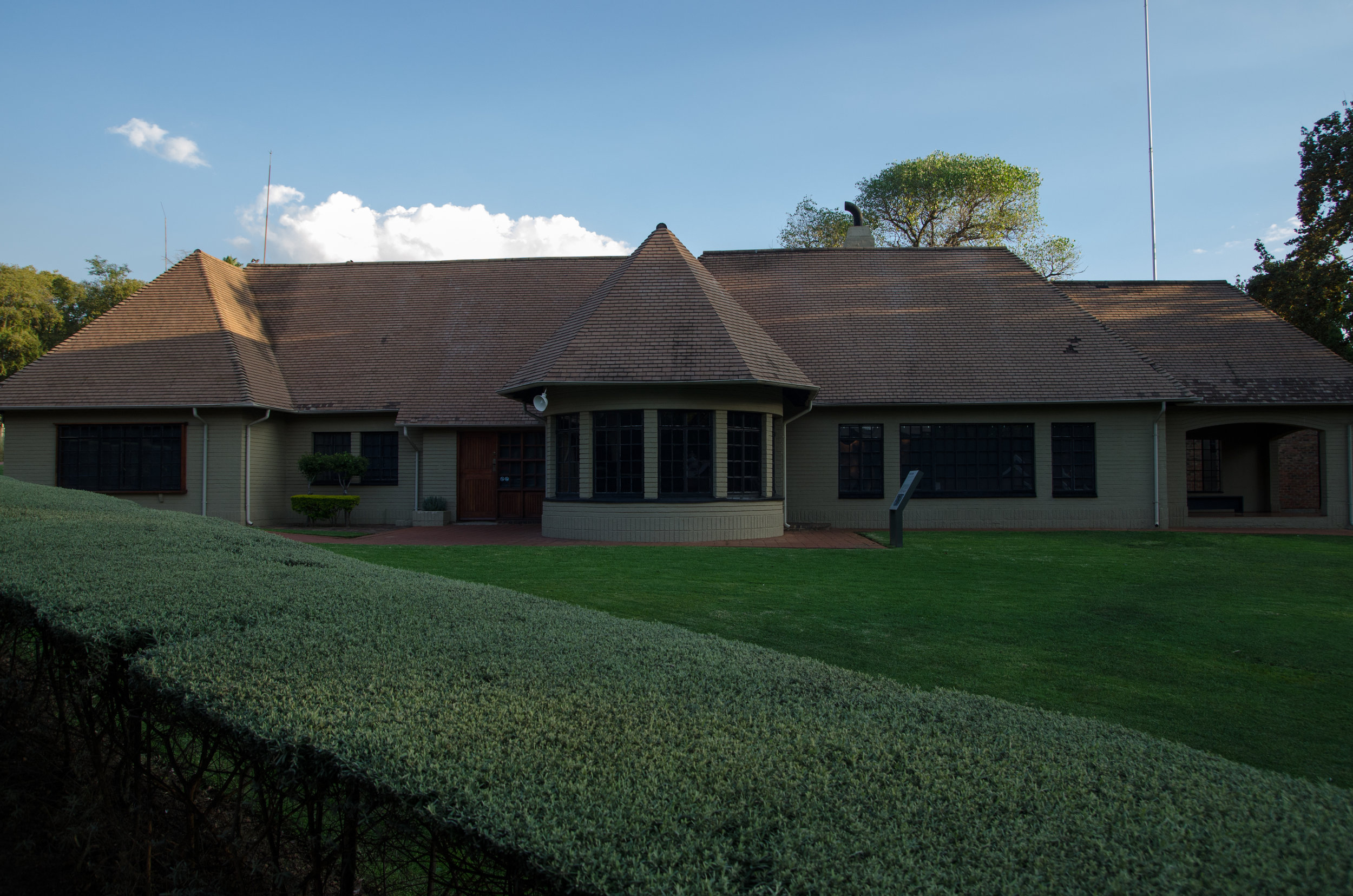
It was interesting to see that a white family in the middle of Apartheid was pretending to live on a farm while hiding members, leaders of the ANC while they met. It reminded me a little of the Underground Railroad in the States during slavery (except this house was just for meetings, not smuggling people) and it just really surprised me that this was going on not so long ago. I’m always a bit befuddled when I hear about inequality. It gets me quite ranty and those who are friends with me on Facebook have probably hid me by now from their feeds (as they should) when someone tries to justify inequality.
On the farm, there was also an old safari bus that was used to smuggle weapons into South Africa for the ANC. Unsuspecting tourists provided a believable cover for the safari bus full of weapons. They showed a video of the tourists- more recently- being told that the bus they were on was smuggling so many weapons. It warmed my heart when some of the tourists, aside from being shocked, said that it might have been the best thing they’ve ever done- and it was done unknowingly.
Apartheid is gone, technically in South Africa, but the differences between races in the country were glaring to us as outside visitors. Domestic servants not only seem to be ONLY black women, but it seems that there is some underwritten requirement that they have to wear a maid’s uniform that reminded me of the Mammy archetype in old movies. Along the streets, we would see domestic servants walking to work. The only white people walking on the street seemed to be us (the few times we were walking somewhere). Whenever we interacted with a black person, it was because they were serving us to a some degree- they were the ones behind a deli counter, at the cash register in the super-market, our waiter at a cafe… It made me (and Andrew) feel uncomfortable. One time there was a white person working behind a counter and I immediately identified that that wasn’t exactly of the norm, and again, felt strange for noticing. It just felt strange.
I’m not pointing any fingers, I know change doesn’t happen overnight, and I certainly know that life must be better than it was during Apartheid days, but the differences we noticed, perhaps as Americans with a history (and a continued battle) with inequality, and after traveling through Uganda, Tanzania, and Mozambique, where everyone was black (except for those visiting or the white Portugese in Mozambique) it felt strange. Tony and Raquel, both Portugese (Tony being Portugese-South African) told us that they weren’t characterized by the color of their skin, they were, to other South Africans, “Portugese.”
The strangeness continues…
These books are a memorial to those who lost their lives during the days of Apartheid. I thought they were so beautiful against the bright blue sky, don’t you?
Afterwards, Tony picked us up for dinner and we arrived to an abundance of food that Raquel had prepared for us. Thank you, so much to both of you! It was so fun hanging out with friends, that we had known prior to stepping foot in the country and being able to talk about everything from annoying tourists (Anya, I’m looking at you!) to South African politics to Mozambican economics to traveling through Laos… It made me wonder what conversations would be like over dinner back in the States.
